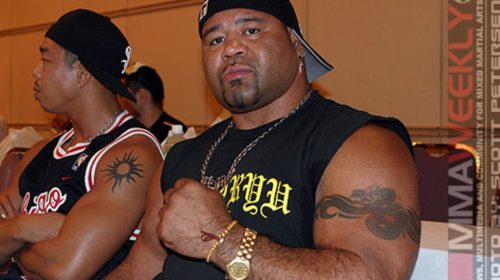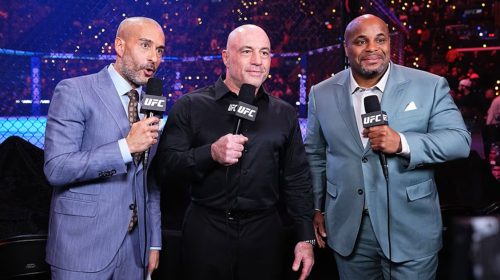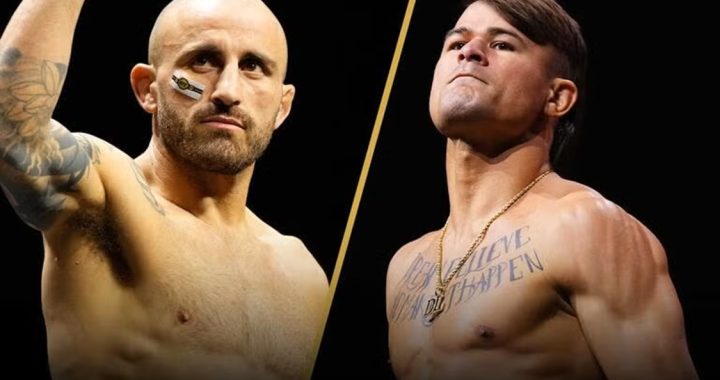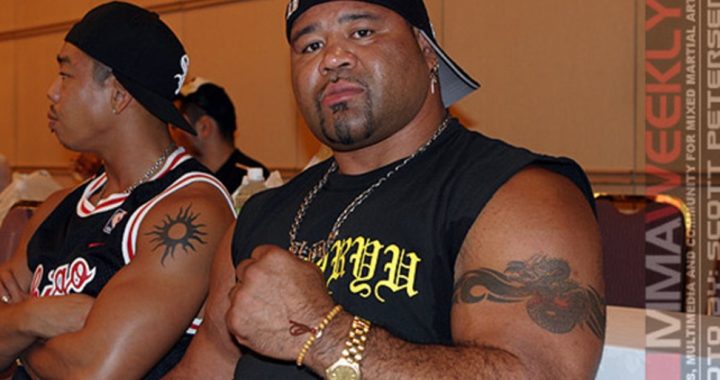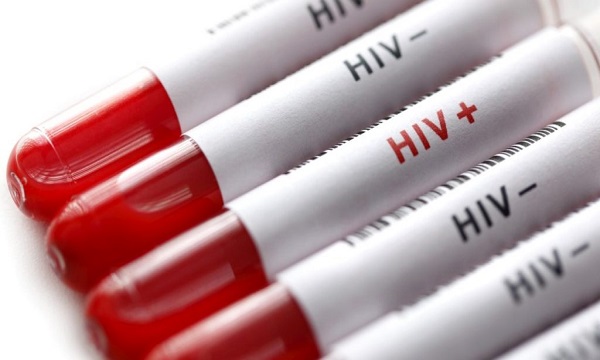
Commission allowed HIV-positive boxer to compete – How did it happen?
Athletic commissions were put into place to protect the athlete, plain and simple. The commission’s responsibility is to enforce rules and regulations and that proper medical clearance was granted by a licensed, practicing healthcare provider.
According to a recent ESPN report by Dan Rafael, it seems that the Arkansas State Athletic Commission neglected to do their job.
Rafael states that the “Arkansas State Athletic Commission allowed an HIV-positive boxer to fight on a Nov. 11 card despite it being against federal law — and after receiving a warning from the Association of Boxing Commissions (ABC), which oversees and interprets rules for state and tribal athletic commissions in the United States.
“The name of the HIV-positive fighter has not been made public, but ABC president Mike Mazzulli told ESPN on Monday that he called the health department in Arkansas, which is involved in overseeing medical exams for boxers in the state, to inform the state of about the fighter’s HIV-positive status.
“I personally called a representative of the health department and informed them of the concerns related to them having a fighter on a card with HIV,” said Mazzulli, adding he knows the identity of the fighter, but did not want to make it public in order to protect the person’s medical privacy. “They said to me, ‘The fighters on the card will be tested.’ My assumption was that they were not tested because the individual fought. This individual is suspended in Florida because of a positive HIV test and it was submitted to [official boxing record-keeper] Fight Fax, our federal registry, which is required by federal law.”
The fight card that took place at the Boys & Girls Club in Camden, Arkansas was promoted by Richard Wright.
The Arkansas Department of Health said it is investigating what happened.
“The Department asked for and acquired blood work prior to the fight for all fighters on the card that evening. All fighters provided test results that indicated all tested negative for HIV,” Robert Brech, general counsel for the Arkansas Department of Health, told ESPN in an email. “The matter is under further investigation at this time.
“Blood-testing boxers as part of medical exams in order to get a license in Arkansas is not mandatory, but it is federal law that commissions check the Fight Fax suspension list before issuing a license. If a fighter is on the suspension list, only the state issuing the suspension is allowed to remove it.”
“If Arkansas had checked the suspension list, this individual would not have fought because this individual was suspended in Florida,” Mazzulli said. “On the Fight Fax it states, ‘Fighter is suspended, please contact Florida commission.’ If they followed proper protocol the fighter would not have been able to fight in Arkansas even if the fighter was tested, because our national registry states he was on suspension. The suspension can only be removed by Florida.”
Mazzulli said Arkansas also broke federal law by not reporting the results of the card within 48 hours to Fight Fax. Instead, they were not submitted until Monday.
Federal law in this matter supersedes state law, but it’s unclear what penalties Arkansas regulators would face.
Following up on the ABC’s concerns, Mazzulli on Nov. 22 sent Arkansas Gov. Asa Hutchinson a letter about the situation that was copied to various Arkansas government officials and the board of directors of the ABC.
“It has come to my attention, as the President of the Association of Boxing Commissions, that the State of Arkansas Athletic Commission knowingly allowed an HIV positive fighter to engage in a bout,” Mazzulli wrote. “It is further my understanding that the boxer in question had been denied a license in the State of Florida due to a positive HIV test, the license denial being noted on the suspension list kept under the auspices of the ABC pursuant to federal law. Both the Florida commission and I notified Arkansas through the managing agency, the Department of Health, of the HIV positive status of a boxer but he was allowed to fight anyway. This appears to be a direct violation of federal law and an egregious disregard for health and safety standards.”
In the letter, Mazzulli noted that on a boxing license application in Arkansas is the question, “Have you ever tested positive (even if a second test was negative) for HIV or hepatitis or staph infection? If yes, please describe, including dates and name of doctor or medical provider.”
“The implication is that an HIV positive finding will disqualify the fighter,” Mazzulli wrote, adding: “Further, while administration of a blood test is discretionary, according to the Arkansas regulations ‘a positive test for the presence of infectious diseases shall result in an immediate suspension of the licensee’s license.’ Thus under the regulations, since Arkansas had actual knowledge of the HIV positive result, the fighter should not have been allowed to engage in a bout and his license should have been suspended.”
Mazzulli posed a few questions in his letter that he said Arkansas officials have not answered:
• Why was an HIV positive fighter allowed to compete?
• Were the opponent, referee and cornermen informed so they could make an informed choice as to whether to participate in the event? Have they been informed to date?
• Was the physician who cleared the boxer to fight informed of his HIV-positive status?
• Did the fighter lie on his license application? (A secondary question, as the commission reportedly had actual knowledge of his tests from Florida.)
“This is one of the most flagrant health and safety violations and may be even a violation of Arkansas’ statute regarding immunodeficiency,” Mazzulli wrote. “This situation is one of the most serious we have seen in many years, and hence we feel compelled to bring this matter to your attention. … Please allow the ABC to assist Arkansas in insuring such a violation does not ever happen again.”

